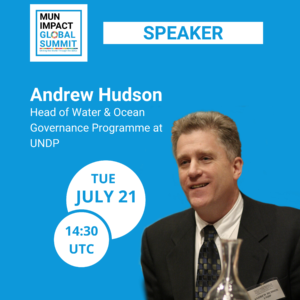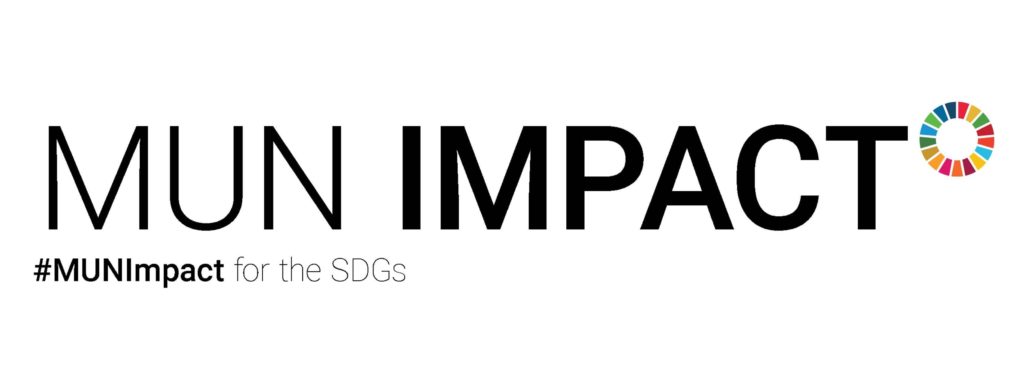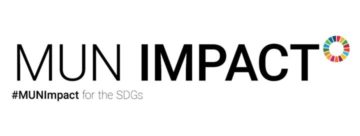 Mr. Andrew Hudson is the Head of Water & Ocean Governance United Nations Development Programme (UNDP). He initiated several signature UNDP water and ocean programmes including MDG GoAL-WaSH (Governance, Advocacy and Leadership for Water, Sanitation and Hygiene), global scaling up of UNDP-Coca Cola Company Every Drop Matters Partnership, UNDP Shared Waters Partnership, GEF International Waters Learning Exchange and Resource Network (IW:LEARN) and the 2020 launch of UNDP Ocean Innovation Challenge. He presented on Session 1 on the first day of our Global Summit.
Mr. Andrew Hudson is the Head of Water & Ocean Governance United Nations Development Programme (UNDP). He initiated several signature UNDP water and ocean programmes including MDG GoAL-WaSH (Governance, Advocacy and Leadership for Water, Sanitation and Hygiene), global scaling up of UNDP-Coca Cola Company Every Drop Matters Partnership, UNDP Shared Waters Partnership, GEF International Waters Learning Exchange and Resource Network (IW:LEARN) and the 2020 launch of UNDP Ocean Innovation Challenge. He presented on Session 1 on the first day of our Global Summit.
When you think of the environmental crisis, does ocean pollution and overfishing come to mind? While often overlooked, oceans absorb around 40% of carbon dioxide emitted every year. Moreover, marine ecosystems host approximately 17,000 species. Threats to oceans include pollution, overfishing, and acidification which would pose a plethora of issues for humans and nature. Our esteemed guest speaker, Mr. Hudson noted that the damage to marine ecosystems costs 13 billion dollars every year.
The focus of Mr. Hudson’s presentation was on the United Nations Sustainable Development Goal SDG 14 ‘conserve and sustainably use the oceans, seas and marine resources for sustainable development. Among the many things that Mr Hudson discussed, were the different SDG 14 targets, the progress of achieving SDG 14 targets, and the multi-dimensional threats posed of not address the ocean crisis. His presentation was very inspiring and informative, with plenty of graphs and charts to demonstrate the urgency of achieving SDG 14.
For your reference, these are the SDG targets that were discussed.
14.1: Prevent and significantly reduce marine pollution of all kinds
14.2: Sustainably manage and protect marine and coastal ecosystems to avoid significant adverse impacts, and take action for their restoration to achieve healthy and productive oceans
14.3: Minimize and address the effects of ocean acidification
14.4: Effectively regulate harvesting and end overfishing, illegal, unreported and unregulated fishing and destructive fishing practices and implement science-based management plans
14.5: Conserve at least 10 per cent of coastal and marine areas
14.6: Prohibit certain forms of fisheries subsidies which contribute to overcapacity and overfishing, eliminate subsidies that contribute to illegal, unreported and unregulated fishing and refrain from introducing new such subsidies
14.7: Increase the economic benefits to Small Island developing States and least developed countries from the sustainable use of marine resources
According to National Geographic, ocean overfishing is simply the taking of wildlife from the sea at rates too high for fished species to replace themselves. Mr. Hudson warns that unsustainable fishing practices may both harm the environment and the economy. For example, big industrial fishing operations that aggressively catch large amounts of fish through new technology, disadvantage millions as many local communities rely on fishing for their livelihood and diet.
Mr. Hudson suggests that tackling ocean pollution and overfishing should be through technical, political, economical, and financial facets. In his own words “multiple sectors are needed at all levels of governance”. This is to ensure long-term solutions in achieving SDG 14. He also advises individuals to participate in initiatives such as the Ocean Innovation Challenge by the United Nations Office on Drugs and Crime and partnerships to increase the efforts in tackling threats to the ocean. Most importantly, Mr Hudson advocates that incentives should be given to encourage environmentally-friendly practices.
Mr. Hudson’s presentation thoroughly explained why the protection of oceans should be a priority on our agenda. Overlooking this matter would have harsh consequences on our planet because oceans are largely interconnected with the climate. We would like to truly thank Mr. Hudson for presenting at our Summit.
_
By Omayma Cherkaoui

